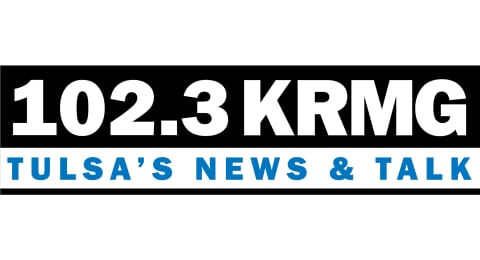Tulsa Mayor Monroe Nichols announced the creation of the Office of Health and Well-being on Tuesday.
It’s launch is possible by $260,000 in private funding from Community Care and the George Kaiser Family Foundation, the city said.
According to city leaders, the office is being created to improve health outcomes across Tulsa by aligning resources, sharing data, and fostering collaboration among healthcare providers, public health agencies, and community organizations.
“This is an investment in the health of our community and in the future of Tulsa,” Mayor Monroe Nichols said. “This Office will connect the dots between healthcare, education, economic opportunity, and public safety so that all Tulsans have the chance to thrive. I’m deeply thankful for our friends at Community Care, Dr. Pasha, and so many others working to make Tulsa a healthier and more resilient city.”
No public money will be spent, the city stressed, adding that $210,000 will come from Community Care, along with a $50,000 grant from the George Kaiser Family Foundation.
According to a news release, the office’s goals include:
-Convening healthcare stakeholders to share resources, reduce duplication, and align strategies through a Health Coalition;
-Using the Neighborhood Conditions Index (NCI) to target areas with the greatest health disparities; and
-Advancing citywide mental health initiatives
Dr. Jabraan Pasha will serve as Chief Health Officer for the Office.
“When you map Tulsa’s highest unemployment rates, lowest educational attainment, and highest crime rates, you’ll find the same neighborhoods with the poorest health outcomes,” Dr. Pasha said. “Health is not just the absence of disease — it’s about connection to care, opportunity, and community. Our office will make those connections.”
The city said by coordinating efforts and addressing systemic gaps, the Office of Health and Well-being aims to save lives and reduce costs for hospitals, insurers, and public agencies.
During a Tuesday news conference, Dr. Pasha listed several health providers that would be involved in the initiative, including Saint Francis, Ascension St. John, Hillcrest and others.
He also said some of Tulsa’s community-focused mental health agencies would be part of the efforts.
The city said the $260,000 in philanthropic donations will be used for:
-The hiring of a Director of Programming to lead new projects, enhance operations, and strengthen data analysis;
-The operation of the office’s day-to-day needs and activities;
-Data analysis and community engagement opportunities; and
-Pilot programs and initiatives that result from cross-collaborative efforts
The city said the donation from Community Care will go before the Tulsa City Council for approval.









